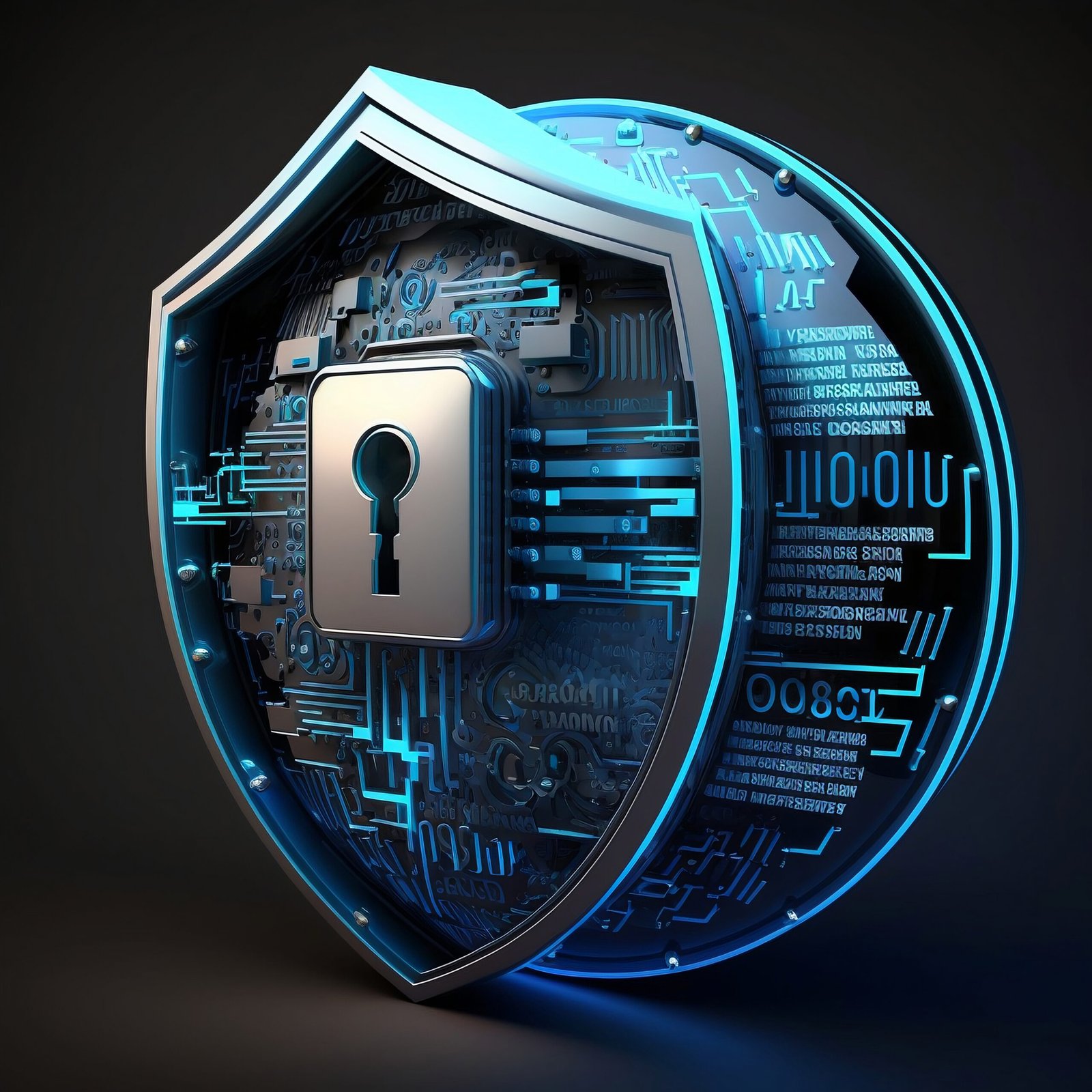
Table of Contents
ToggleThe Importance of Cybersecurity in the Digital Age
In today’s interconnected world, cybersecurity has become a paramount concern for individuals, businesses, and governments alike. As technology continues to advance and integrate into every aspect of our lives, the need to protect sensitive information and ensure the integrity of digital systems has never been more critical. This blog explores the significance of cybersecurity, the threats we face, and the measures we can take to safeguard our digital world.
Understanding Cybersecurity
Cybersecurity refers to the practice of protecting systems, networks, and data from digital attacks. These attacks are often aimed at accessing, changing, or destroying sensitive information, extorting money from users, or interrupting normal business processes. Effective cybersecurity measures encompass various technologies, processes, and practices designed to defend against these malicious activities.
The Growing Threat Landscape
The digital age has brought about numerous advancements and conveniences, but it has also opened the door to a range of cyber threats. Some of the most common cyber threats include:
Malware: Malicious software such as viruses, worms, ransomware, and spyware designed to damage or disrupt systems, steal data, or gain unauthorized access to networks.
Phishing: Fraudulent attempts to obtain sensitive information by disguising as a trustworthy entity in electronic communications.
Denial of Service (DoS) Attacks: Overwhelming a system or network with traffic to render it unusable.
Man-in-the-Middle Attacks: Intercepting and altering communications between two parties without their knowledge.
SQL Injection: Exploiting vulnerabilities in an application’s software to gain access to the database.
Zero-Day Exploits: Attacks that occur on the same day a vulnerability is discovered and before a fix is available.
The Importance of Cybersecurity
Protecting Sensitive Data: Businesses and individuals store a vast amount of sensitive data online, from personal information and financial records to intellectual property and confidential business information. Effective cybersecurity measures are essential to protect this data from theft and unauthorized access.
Ensuring Business Continuity: Cyber attacks can disrupt business operations, leading to significant financial losses, reputational damage, and legal consequences. Robust cybersecurity ensures that businesses can continue to operate smoothly without interruptions caused by security breaches.
Maintaining Customer Trust: Customers trust businesses with their personal information, and any breach of this trust can have severe consequences. Implementing strong cybersecurity practices helps maintain customer confidence and loyalty.
Compliance with Regulations: Various laws and regulations require organizations to implement specific cybersecurity measures to protect sensitive data. Compliance with these regulations is not only a legal obligation but also a critical component of a comprehensive cybersecurity strategy.
Protecting National Security: Governments rely on digital infrastructure to operate and provide essential services. Cybersecurity is crucial for protecting national security interests, preventing cyber espionage, and ensuring the integrity of critical infrastructure.
Best Practices for Cybersecurity
Educate and Train Employees: Human error is one of the leading causes of security breaches. Regular training and awareness programs can help employees recognize and avoid potential threats.
Implement Strong Password Policies: Encourage the use of strong, unique passwords and implement multi-factor authentication to add an extra layer of security.
Keep Software Updated: Regularly update software and systems to patch vulnerabilities and protect against the latest threats.
Use Firewalls and Antivirus Software: Firewalls and antivirus software provide essential protection against a range of cyber threats.
Backup Data Regularly: Regular backups ensure that data can be restored in the event of a cyber attack or data loss incident.
Monitor Network Activity: Continuous monitoring of network activity can help detect and respond to suspicious behavior promptly.
Develop an Incident Response Plan: Having a clear and well-documented incident response plan ensures that businesses can respond effectively to cyber incidents and minimize damage.
Conclusion
In an era where digital transformation is reshaping industries and daily life, cybersecurity is more important than ever. The growing sophistication of cyber threats necessitates a proactive and comprehensive approach to protect sensitive information, ensure business continuity, and maintain trust. By implementing best practices and staying vigilant, individuals and organizations can safeguard their digital assets and navigate the digital age securely. Investing in cybersecurity is not just about protecting data; it’s about securing the future.

